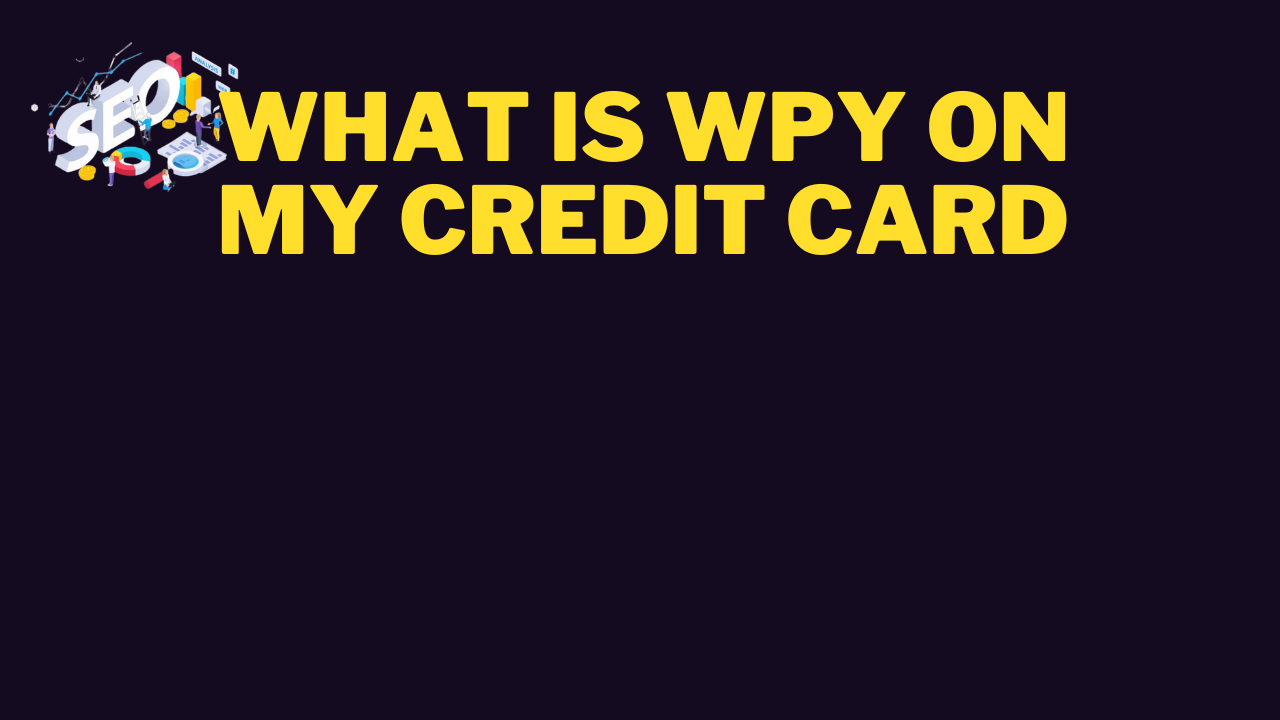Introduction:
Credit cards have become an integral part of modern-day financial transactions. Whether purchasing goods online, booking travel tickets, or paying for everyday expenses, credit cards offer convenience and flexibility like no other form of payment. However, with the myriad of options available and the potential pitfalls associated with their misuse, understanding credit cards is crucial for financial well-being. This comprehensive guide will delve into the world of credit cards, covering everything from their basics to advanced strategies for responsible usage.
Understanding Credit Cards:
At its core, a credit card is a financial tool that allows users to borrow money from a financial institution up to a predetermined limit. Unlike debit cards, which deduct funds directly from a linked bank account, credit cards provide a line of credit that must be repaid within a specified period, usually every month. This borrowed amount incurs interest if not paid in full by the due date.
Types of Credit Cards:
Credit cards come in various types, each catering to different needs and lifestyles. Some common types include:
Rewards Credit Cards: These cards offer rewards, such as cashback, travel miles, or points, based on the amount spent using the card.
Balance Transfer Credit Cards: Designed to help users consolidate debt, these cards allow to transfer balances from other credit cards at lower interest rates.
Secured Credit Cards: Geared towards individuals with limited or poor credit history, secured credit cards require a security deposit, which serves as collateral.
Business Credit Cards: Specifically tailored for business expenses, these cards offer perks such as higher credit limits and rewards on business-related purchases.
Key Features and Terms:
To make informed decisions about credit cards, it’s essential to understand their key features and associated terms. These may include:
Annual Percentage Rate (APR): The annualized interest rate charged on outstanding balances.
Credit Limit: The maximum amount a cardholder can borrow on a credit card.
Minimum Payment: The lowest amount a cardholder must pay monthly to maintain the account in good standing.
Grace Period: No interest is charged on purchases if the balance is paid in full by the due date.
Fees: Various fees may apply, including annual fees, late payment fees, and foreign transaction fees.
Benefits of Using Credit Cards:
When used responsibly, credit cards offer several advantages, including:
Convenience: Credit cards are convenient, especially for online and in-person transactions.
Rewards: Many credit cards offer rewards such as cashback, travel miles, or points, providing additional value for cardholders.
Build Credit History: Responsible credit card usage can help individuals build a positive credit history, which is crucial for future loan approvals.
Purchase Protection: Some credit cards offer purchase protection, including extended warranties and fraud protection, providing peace of mind to cardholders.
Managing Credit Card Debt:
While credit cards offer numerous benefits, they can also lead to debt if not managed responsibly. To avoid falling into debt traps, consider the following strategies:
Pay in Full: Whenever possible, pay the credit card balance in full each month to avoid accruing interest charges.
Monitor Spending: Keep track of your spending and stay within your budget to avoid overspending.
Avoid Minimum Payments: While minimum payments may seem convenient, they can lead to long-term debt due to accruing interest.
Utilize Rewards Wisely: Make the most of credit card rewards but avoid overspending solely to earn rewards.
Credit cards are powerful financial tools that offer convenience, flexibility, and rewards when used responsibly. By understanding their features, terms, and potential pitfalls, individuals can make informed decisions and harness the benefits of credit cards while avoiding common pitfalls such as debt accumulation. With proper management and responsible usage, credit cards can serve as valuable assets in achieving financial goals and enhancing overall economic well-being.

Fraudulent Activity: Learn about the possibility of WPY charges
There has been a growing concern surrounding fraudulent activity and the potential for individuals to face WPY charges. Understanding the implications of such charges is crucial in today’s digital landscape where deception and illegal practices have become more prevalent. WPY charges, short for Wire and Postal Fraud charges, are criminal charges that can be brought against individuals or organizations involved in fraudulent activities that utilize wire or mail services.
These charges can be severe and carry significant penalties, including fines and imprisonment. It is important to note that the statute of limitations for prosecuting WPY charges varies from state to state, so it is essential to consult with legal counsel to navigate the complex legal landscape. Additionally, being aware of common methods employed by fraudsters, such as phishing scams or identity theft, can help individuals better protect themselves from falling victim to fraudulent schemes.
With advancements in technology, the use of wire and postal services has become an integral part of our everyday lives, making the potential for fraudulent activity more prevalent. Therefore, staying informed about the possibility of WPY charges and taking proactive steps to safeguard personal and financial information is crucial. As technology continues to evolve, so do the methods employed by fraudsters, making it essential for individuals and businesses alike to remain vigilant and informed.
• Understanding the implications of WPY charges is crucial in today’s digital landscape.
• WPY charges refer to Wire and Postal Fraud charges.
• These charges can result in significant penalties, including fines and imprisonment.
• The statute of limitations for prosecuting WPY charges varies from state to state.
• Consulting with legal counsel is important when facing potential WPY charges.
• Being aware of common fraudulent methods like phishing scams can help individuals protect themselves.
• Advancements in technology have made fraudulent activity more prevalent through wire and postal services.
• Taking proactive steps to safeguard personal and financial information is essential in preventing fraud.
What are WPY charges?
WPY charges refer to charges related to fraudulent activity involving the use of WPY (Wireless Payment System) or similar technologies.
How do I know if I have been charged with WPY fraud?
If you have been charged with WPY fraud, you will typically receive a notification from your financial institution or the relevant authorities regarding the suspicious activity.
What should I do if I suspect fraudulent WPY charges on my account?
If you suspect fraudulent WPY charges on your account, you should immediately contact your financial institution to report the unauthorized activity and request assistance in resolving the issue.
Can I dispute WPY charges?
Yes, you can dispute WPY charges by contacting your financial institution and providing them with any evidence or information that supports your claim of fraudulent activity.
Are WPY charges reversible?
In most cases, if you can prove that the WPY charges were fraudulent, your financial institution can reverse the charges and refund the unauthorized transactions.
How can I protect myself from WPY fraud?
To protect yourself from WPY fraud, it is important to regularly monitor your financial accounts, review your transaction history, and report any suspicious activity immediately. Additionally, ensure that you have strong and unique passwords for your online accounts and be cautious while sharing your personal or financial information online.
Can WPY charges lead to legal consequences?
Yes, WPY charges can lead to legal consequences. Engaging in fraudulent activity, including using WPY to commit fraud, is illegal and can result in criminal charges, fines, and potential imprisonment, depending on the jurisdiction and severity of the offense.
How long does it take to resolve WPY fraud cases?
The time it takes to resolve WPY fraud cases can vary depending on the complexity of the situation and the cooperation of all parties involved. It is advisable to act swiftly, report the fraud immediately, and work closely with your financial institution and law enforcement to expedite the resolution process.
Can I prevent WPY charges from happening in the first place?
While you cannot completely eliminate the risk of WPY charges, you can take measures to reduce the likelihood of becoming a victim. This includes regularly updating your devices and software, using secure networks when making online transactions, and being cautious of suspicious emails, websites, or requests for personal information.

